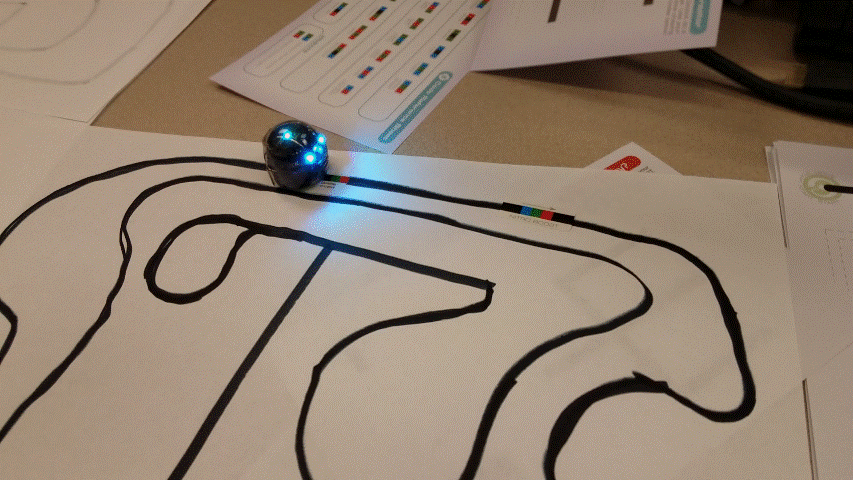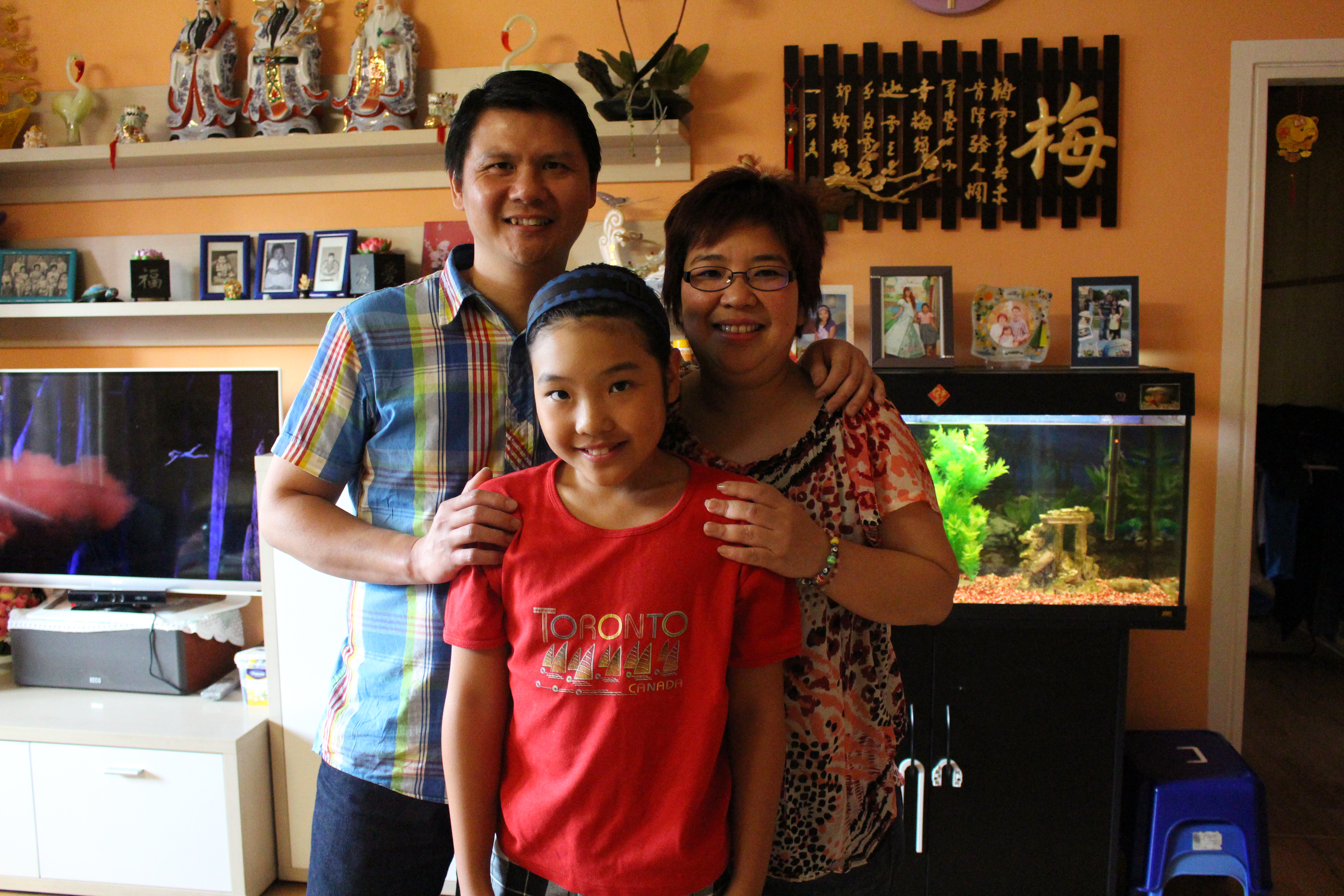“I didn’t have the papers to go to Austria with him, so we were separated for three years after our marriage. We wrote letters to each other at first. Then we switched to email. He would write to me on the post office computers to save money.”
On a Sunday, I visited a man who is affectionately called “La-La Ja-Ja” among the Hakka Indian community. In Hindi, “Ja-Ja” means “uncle.”
La-La Ja-Ja came to Austria to join his brother in 1991. Like most bachelors, he started out working in a Chinese restaurant doing side work and small jobs. Back in Calcutta, his family worked in a tannery. When the tanneries began to close down, La-La’s family knew that it was time to look for a new place to live.
Knowing that he wanted to settle down in Vienna, La-La worked for seven years on establishing himself before he considered marriage. Going along with tradition, he decided to return to Calcutta to find a wife, who I will call ‘Auntie Sun.’
For Auntie Sun, La-La was her first match–though she jokes that there’s always “someone next in line” in case a match goes awry or doesn’t work out. The two of them met through a mutual friend who set them up. By that time, Auntie Sun had completed college and had her own job at a travel agency. Most girls, including her sisters, got married at earlier ages. Even those who had the opportunity to attend college were married off soon after they graduated.
Working at a travel agency was considered quite an achievement for Hakka women. It meant being multi-lingual and college-educated. Auntie Sun had attended Loreto and mastered her English skills; before her generation, women were sent to the local Chinese schools at best. And knowing full well how difficult this achievement was, she was certain that she wanted to further her career.
But she also wanted to be married. Marriage required compromises.
Having It All
First, it meant deciding on a new place to live. Though it may have seemed like an easy decision to choose between living in India or Austria, it still meant making other decisions about how they would transition between lifestyles. Auntie Sun knew that moving to Austria would mean learning a new language and starting over in terms of her career. Where she may have once been praised for being high-achieving and intelligent, she was now leaving for a place that would see her as another immigrant.
There was also one other complication. La-La Ja-Ja was not yet an Austrian citizen, and Auntie Sun didn’t have a visa. They remained separated for three years, but studiously kept in contact through writing letters to each other. They wrote in English, because Auntie Sun didn’t learn how to write Chinese characters. The later switched to writing emails to each other, which was a money-saver. La-La Ja-Ja would often use the public computers at the post office to write to his wife.
When Auntie Sun was finally able to join her husband in Vienna, she started out working in a restaurant with her husband. She spent the next six months attending German classes. By the end of that time, she landed a job at a travel agency–just as she had hoped for.
La-La Ja-Ja has pursued his dreams as well. After gaining experience working in a restaurant, he decided to open his own place last year after entering a business partnership.
When Policy Influences Culture
In Anthropology seminars and courses, I would often find myself arguing that culture trumps policy, and that policies gave way to the will of what people wanted for themselves. That view has slightly altered as I’ve encountered migrant communities now. Among new migrant communities, it seems safe to say that policy has reshaped how Hakka Indians view women’s rights, and by extension, human rights.
“Here in Vienna, women can extend maternity leave for 3 years. Even father’s can get leave from work as well,” Auntie Sun laughs as she watches my jaw drop. For many Hakka Indians, the extent of government care is a drastic change from the business-driven Chinese communities in India. Many Hakka Indians would argue that the United States and Canada are no longer the move. And it’s hard to disagree. But most importantly, I’ve marveled at the impact that these social policies have had on changing people’s minds.
Auntie Sun tells me about a Chinese-American friend who worked and lived in New York working in finance. But after visiting Europe, she decided to move to Amsterdam, believing that a change of place would allow her a change in life. A European lifestyle made it possible to truly work a nine-to-five job, without the extra attachments, social obligations, and over-time hours required for an American to simply keep their job.
Bell Jars
Austria has been described as a traditional socialist state–for the most part, it’s driven by traditional Western concepts of the nuclear family. A lot of the social aid that individuals receive are always in relation to one’s family situation. As a result though, many would argue that while this develops social stability, radically progressive policies come in small steps.
As many immigrants here would suggest, not all that is Western is without flaw. Some Hakka point out the cultural effects of the Austrian system. One man emphatically expressed that he found it disappointing that the Austrian state advocates women’s rights yet still pays working women 30% less than men, regardless of the fact that they often have the same qualifications and workload as men. In another conversation, Auntie Sun explained that support for women sometimes backfired when mothers chose to give birth every three years so that they could collect the maternity social welfare.
On the one hand, one could celebrate the feminism in a state that values its mothers. But on the other hand, there is still an implicit expectation of what being a woman entails. Without the family, is the woman as her own single entity appreciated?
This has brought me to question Hakka womanhood and its attachment to the family. In some ways, Hakka women have taken advantage of the benefits that the Austrian state has had to offer to further their own educations or careers. That doesn’t mean that moving to a new country has provided a “fix.” Rather, it seems that Hakka women’s identities are still in a state of attachment to motherhood, and there are still compromises to be made as women move onward and outward.

